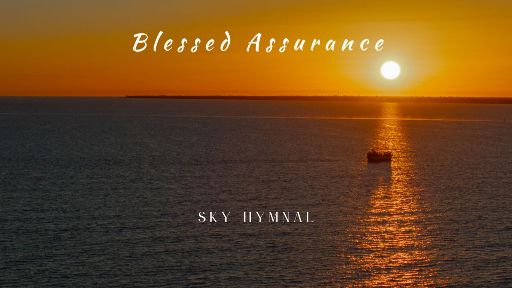-
Sing To The Lord A New/Old Song Series
Contributed by W Pat Cunningham on Nov 28, 2017 (message contributor)
Summary: The Liturgy, especially the Mass, is a point of contact between the human and divine
Monday of 11th Week in Course 2013
Sacrosanctum Concilium 1
“O sing to the LORD a new song, for he has done marvelous things! His right hand and his holy arm have gotten him victory. Make a joyful noise to the LORD, all the earth; break forth into joyous song and sing praises!”
The words of Psalm 98 are gifts to us today so that we may respond appropriately to St. Paul’s catalogue of the characteristics of the Christian life. As servants and children of God, not just Paul, but all of us, will endure all kinds of troubles in order to follow Christ. And we will do so, not with grumbling, but, inspired by the Holy Spirit, we will do it with enduring love. This is not possible, not even imaginable, by our own power. Day after day the mainstream media either make fun of our faith or support those who would entice or force us to do evil. Night after night the purveyors of filth pollute our cables and airways with ugly, unrighteous words and images. And just about anytime a child can turn on a computer and access things that ought never to be seen by anyone of any age. Only God’s power can stand up to this and work for righteousness.
Not quite half a century ago, the Vatican Council promulgated its first document, the Constitution on the Sacred Liturgy, Sacrosanctum Concilium. The Council Fathers put this first because they understood that the power of the Church is zero without the spiritual energy given to us as a free gift in the sacraments, especially the Holy Eucharist. They began by stating the aims of the Council: “to impart an ever increasing vigor to the Christian life of the faithful; to adapt more suitably to the needs of our own times those institutions which are subject to change; to foster whatever can promote union among all who believe in Christ; to strengthen whatever can help to call the whole of mankind into the household of the Church.” (Art 1)
They continued in that vein, and clearly had in mind the kind of Pauline contrast we see in today’s Epistle: “the liturgy, through which the work of our redemption is accomplished, most of all in the divine sacrifice of the Eucharist, is the outstanding means whereby the faithful may express in their lives, and manifest to others, the mystery of Christ and the real nature of the true Church. It is of the essence of the Church that she be both human and divine, visible and yet invisibly equipped, eager to act and yet intent on contemplation, present in this world and yet not at home in it; and she is all these things in such wise that in her the human is directed and subordinated to the divine, the visible likewise to the invisible, action to contemplation, and this present world to that city yet to come, which we seek.”
In the Liturgy there is a meeting, a union, of the human and divine. When we come together to offer the Holy Sacrifice, as the prime example, we use words that are primarily derived from the Word of God. You can’t go five minutes in the Mass without being reminded of something from the Scripture. Our profession of faith, said or sung each Sunday and solemnity, is a distillation of salvation history. The Eucharistic prayer echoes with words from both Testaments. It is of the essence of the Church that her celebrations have elements both human and divine.
Over the next few weeks we will reflect on this gift, this Constitution, and what the Council Fathers clearly meant as well as what they didn’t. And, I hope, we will be inspired to pray together more intensely and with better understanding.

 Sermon Central
Sermon Central



